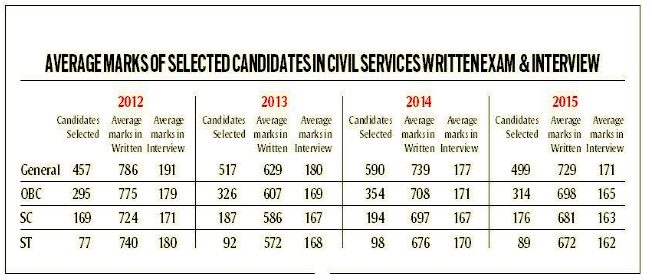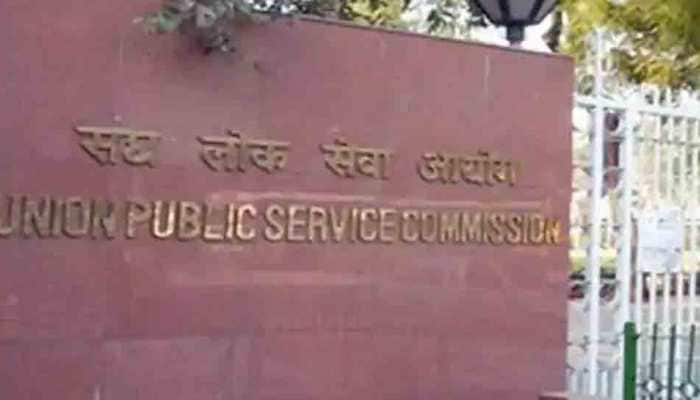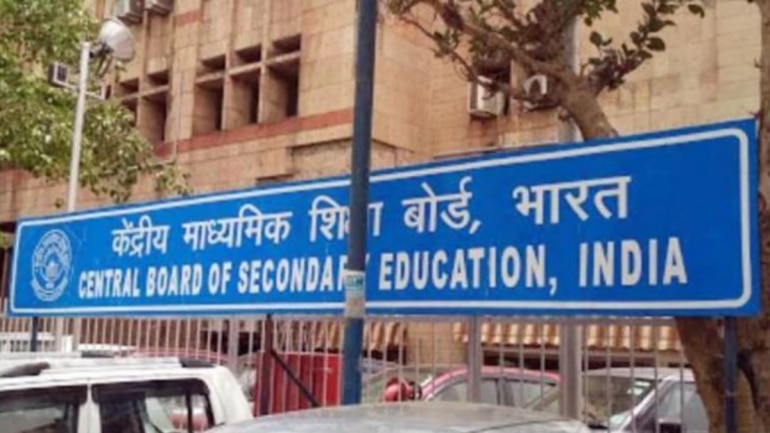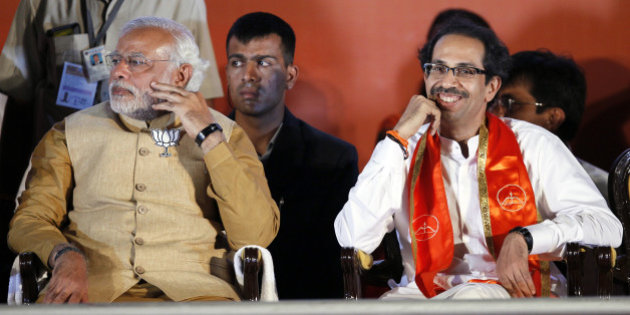Amid complaints of caste-based discrimination in UPSC interviews, it is known factor that during July 2021 Delhi’s Social Welfare Minister Rajendra Pal Gautam on Friday wrote to the Union Public Service Commission (UPSC), suggesting that the interview board should not be made aware about the caste of candidates.
He also suggested that interviewees are chosen randomly instead of “clubbing reserved and general category candidates separately”.
“Many candidates have alleged that there is systematic discrimination in awarding the marks of the interview to reserved category candidates.
A brief check of enclosed data reveals the alarming truth alarmingly ..

Due to personality test results In 2015, just 9 OBC and 4 SC candidates reached the top 90 ranks; no STs made it to this bracket. In 2014, there were 11 OBCs, 2 SCs and 1 ST among the top 90. In 2013, there were 77 general category candidates and 13 OBCs in the top 90, and in 2012, there were 19 OBCs, 2 SCs and 1 ST.
In the personality test, 165 marks out of 275 60% is considered good. Among the selected candidates in 2015, 66.33% in the general category crossed this threshold, while only 55.10% of successful OBC candidates, 51.14% of SCs and 50.56% of STs could make it.
The composition of the UPSC interview board is not publicly known. “UPSC does not make that information available publicly. I don’t think you will find that information even if you file an RTI application,” social activists complain
“But they should make that public. At least after the interviews are done and results are declared, they can put up the details of the interview board as well as video recording of the interviews on the website,” he added. This would make the process more transparent, the participants od UPSC said claiming anonymous
Following the reports “the relation between written and interview marks of OBC candidates is statistically insignificant.
Whereas for General, EWS, SC, and ST candidates, it is statistically significant.
This means that the general category candidates who score higher marks in written examination are awarded higher marks in their interview too, whereas EWS, SC and ST category candidates are awarded lower scores in the interview despite scoring higher marks in the written exam.”
Could there be reasons other than caste prejudice or corruption at play questions ponders micro bloggers in socila media
They could be doing it so that unreserved category seats remain with the Savarnas.
Maybe at the back of the mind they might be thinking ‘there is already reservation for SC, ST, OBC, now if we give them better marks in interview also, where would the poor savarnas go?’ In a way it is Savarna appeasement.”
Indeed, going a step further he suggested that the interview process could also be made live. If the High Court, Supreme Court proceedings are being streamed live, why can’t these interviews Let people watch and learn from the candidates as well,” said participates of UPSC exams .
It is true None of the candidates have come forward to make any formal complaint of malpractice or bias so far.
If the Prime Minister could overnight abolish interviews in the lower grade exams to eliminate corruption and bias, should not the UPSC have more robust and transparent recruitment process for higher grades, a process that commands trust the affected OBC SC ST students asks.









